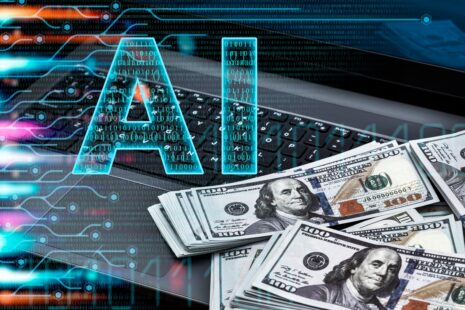AI is transforming the job market, and some roles are at risk of elimination due to automation and machine learning advancements. These jobs tend to involve repetitive, routine, or predictable tasks that AI can perform faster and more accurately.
Some Jobs that are Likely to be Replaced by AI
- Customer Service Representatives
AI chatbots and virtual assistants are increasingly capable of handling inquiries and resolving basic customer issues, reducing the need for human agents. - Data Entry Clerks
Repetitive tasks like entering and organizing data can be automated by algorithms, making human involvement less necessary. - Retail Cashiers
Self-checkout systems and AI-driven payment solutions are replacing traditional cashier roles in supermarkets and stores. - Assembly Line Workers
Manufacturing and production lines are adopting robots equipped with AI to handle complex tasks such as welding, assembling, and packaging. - Translators for Basic Texts
AI-powered tools like Google Translate are taking over routine translation jobs, though nuanced and culturally sensitive translations still require human expertise. - Graphic Designers for Basic Tasks
Tools like Canva and AI art generators are replacing entry-level design tasks, though creative and highly specialized design work is less affected. - Financial Analysts for Routine Analysis
AI is capable of analyzing financial data, identifying trends, and generating reports, making certain financial analyst roles less critical. - Content Writers for Standardized Writing
AI tools are being used to generate articles, reports, and marketing content, particularly for non-creative, formulaic tasks.
While AI is automating these areas, it is also creating new opportunities, particularly in fields like AI maintenance, ethics, training, and monitoring. Adapting to this shift by upskilling or reskilling into roles that leverage creativity, complex problem-solving, and emotional intelligence will help future-proof careers.
Industries heavily reliant on personal connections, innovation, and empathy—such as healthcare, education, and arts—are less susceptible to complete automation in the near term.




